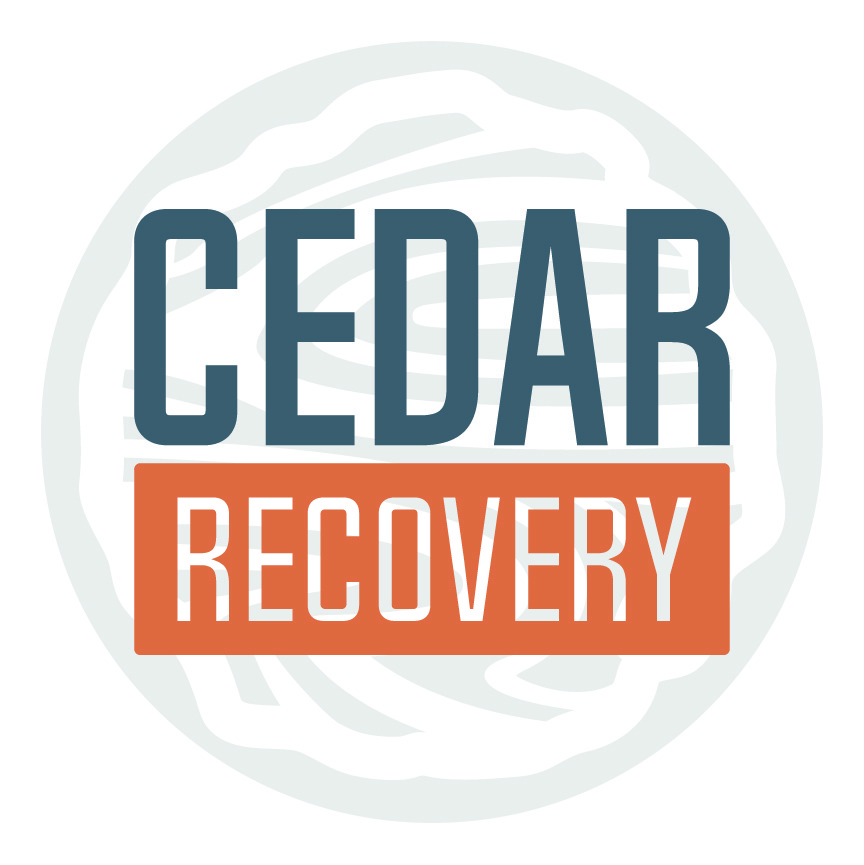What Is MAT, and How Can It Help You?
Medication-Assisted Treatment is a method used to help people beat opioid use disorders by reducing withdrawal symptoms and cravings. This approach uses Suboxone or other FDA-approved medications to help with the physical side of opioid dependence.
Our doctors use an evidence-based approach to treatment and combine prescription medication with counseling, peer support, and other resources to treat the underlying issues that may have contributed to a person developing substance use disorder. We understand that every individual is different, and we provide personalized plans based on each person’s history and circumstances.
Understanding Suboxone Treatment
Suboxone is a medication that combines buprenorphine and naloxone to help block the effects of opioid medications while reducing the risks of addiction and overdose. Buprenorphine is a type of partial opioid that binds with the same receptors in the brain that traditional opioids do, which helps provide relief from withdrawal, while naloxone helps reverse the effects of opioid overdose.
A Suboxone treatment plan addresses both the physical and psychological effects of opioid addiction, which may make it easier to achieve your goals of recovery. With our Suboxone clinic, you’ll receive Medication-Assisted Treatment (MAT), which includes counseling and supportive services.
How MAT Works at Cedar Recovery
Medication-Assisted Treatment uses FDA-approved medications such as Suboxone to help reduce withdrawal symptoms and alleviate cravings. This helps you get through the early stages of withdrawal, making it easier to focus on therapy and spend your time at the treatment facility learning coping strategies that will serve you well when you return home.
Proven Benefits of Cedar Recovery’s Medication-Assisted Treatment Program
Medication-Assisted Treatment helps people in the early stages of opioid use disorder, reducing cravings and withdrawal symptoms and improving their quality of life during a difficult period of their treatment.
Individuals who follow a MAT program are less likely to relapse and have a better chance of staying drug-free in the long term. This treatment approach is particularly effective when used in combination with therapies, peer support, and other resources as part of an evidence-based approach to recovery.
Misconceptions About MAT
The stigma surrounding opioid use disorders means many people don’t understand the treatments available and think of Medication-Assisted Treatment as being the easy way out or a substitute for counseling and therapy. This is far from the truth.
Recent research supports Medication-Assisted Treatment as a tool to help people who’ve become addicted to opioids manage the symptoms they experience when they stop taking them. It’s important to keep in mind that patients who are part of opioid treatment programs aren’t simply switching one drug for another. They’re using prescribed medication to treat physical symptoms while also engaging in a program of therapies, personal development and learning that will arm them with the tools they need to succeed when they return to their day-to-day lives.
Overdose is a genuine risk for individuals who are addicted to opioids, and drugs such as buprenorphine (also known as Suboxone) can help prevent opioid overdose and reduce risk-taking and addiction-driven behaviors. Research shows that combining buprenorphine with behavioral therapies can be an effective treatment for opioid dependence, giving patients the best chance of long-term recovery.
Medication-Assisted Treatment Success Stories
We’ve helped numerous patients who struggled with opioid use disorder rebuild their lives through Medication-Assisted Treatment. Our comprehensive approach to addressing substance abuse and mental health challenges gives patients the tools they need to lead a fulfilling, healthy life. See what one of our recent patients have to say about our programs.


“This place is wonderful. The staff have helped me so much. I highly recommend this facility to help end opioid addiction with compassion and trust.”
Why Choose Cedar Recovery for MAT?

At Cedar Recovery, we combine several different behavioral therapies with compassionate counseling, medically assisted treatment and multidisciplinary expertise to help people recover from substance use disorders. Our patient-centered approach to recovery in a supportive environment helps maximize the chances of long-term sobriety. If you or someone you care about is currently having issues with opioid dependence, contact us today to talk to one of our caring and understanding experts and schedule an initial consultation.
All the tools you need to feel better, get better, and stay better
Getting better requires care for the mind and the body











